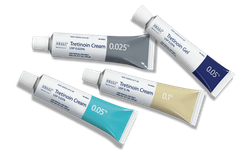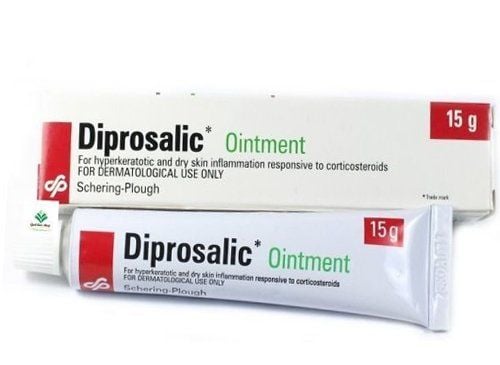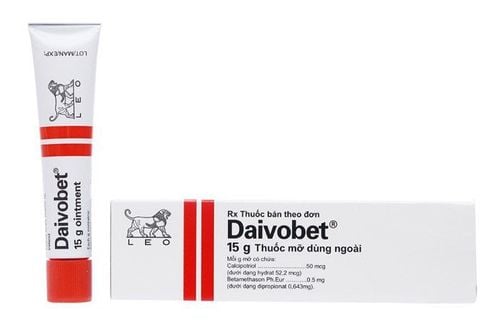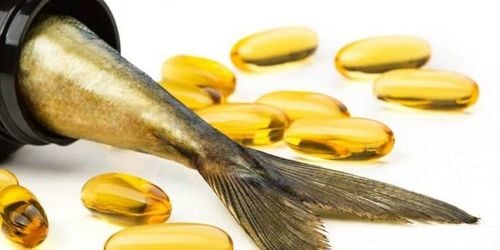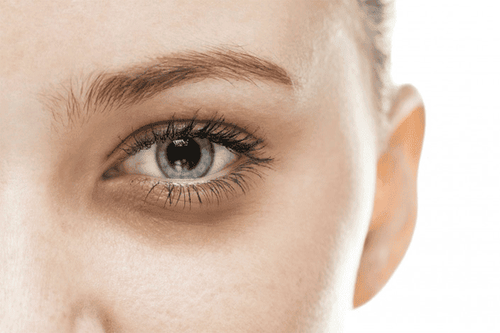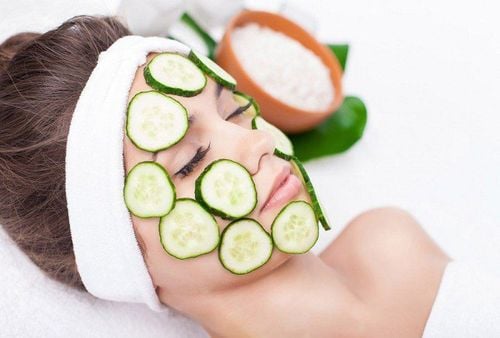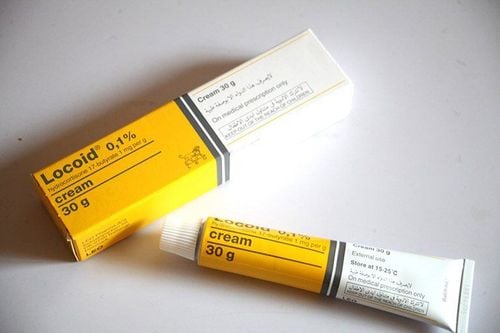1. Is hydrogen peroxide good for disinfection?
Hydrogen peroxide is water combined with an oxygen molecule, so when this oxygen molecule is oxidized, it will help hydrogen peroxide disinfect and whiten surfaces. The oxidation process creates free radicals that attack pathogens, including bacteria. In addition to disinfection, hydrogen peroxide also has antiviral and antibacterial properties.
At different concentrations, hydrogen peroxide will have the ability to fight germs and have different side effects. In the medical field, hydrogen peroxide has a concentration of 3%, at higher concentrations it can be toxic to the body if swallowed or inhaled. Hydrogen peroxide in household cleaning products has a concentration of 3% - 9%. For surface disinfection, low concentrations of hydrogen peroxide are safer, because if the concentration is too high, it will cause irritation to the skin, eyes and intestines if swallowed. In addition, other side effects if you eat or inhale hydrogen peroxide include burns, blisters, difficulty breathing, vomiting or bleeding.

2. Is hydrogen peroxide harmful to the skin?
Because of its antibacterial and surface bleaching properties, hydrogen peroxide has been used in the beauty industry to treat acne, dark spots, or wounds in the past. Up to now, there are not many recommendations to use hydrogen peroxide on the skin because of the potential side effects and toxicity.
For acne caused by clogged pores due to dirt, bacteria, etc. Using hydrogen peroxide on the skin at this time can kill bacteria but can also cause acne. In addition, hydrogen peroxide also causes quite harsh reactions that make the skin susceptible to inflammation and acne-related symptoms can also become more severe. Hydrogen peroxide is a water-soluble molecule, so it cannot stay on the skin for long, so its effects on the skin cannot last all day compared to other acne treatments.
For wounds, although many people have used hydrogen peroxide to treat cuts or scratches in the past, thinking that it can kill bacteria, there are many harmful effects of hydrogen peroxide in this case. Many studies show that hydrogen peroxide can cause blistering of the skin, making the wound worse, increasing the risk of infection. Moreover, hydrogen peroxide also hinders the body's natural wound healing process, because hydrogen peroxide kills cells that promote the skin healing process, as well as causing more irritation to the skin.
Because hydrogen peroxide has a very strong bleaching property, it can lighten dark skin areas such as dark spots caused by sunlight, aging, scars or hormonal changes. However, this process will irritate and destroy the user's skin a lot.
3. Is hydrogen peroxide safe?
Because hydrogen peroxide accidentally destroys beneficial cells on the skin or around wounds that need to be healed, the use of hydrogen peroxide on the skin in recent years has not been widely recommended. Although it can treat acne or brighten the skin, the dangers of hydrogen peroxide outweigh the benefits, so it is really not suitable for use on the skin.
In short, although it has very high surface bactericidal and bleaching properties, using hydrogen peroxide directly on the skin is not safe and leaves many complications such as dermatitis, burns, blisters, redness, etc. Therefore, before using it, you need to find out whether hydrogen peroxide is safe, whether hydrogen peroxide is harmful to the skin, and always have a suitable alternative method.
To arrange an appointment, please call HOTLINE or make your reservation directly HERE. You may also download the MyVinmec app to schedule appointments faster and manage your reservations more conveniently.
